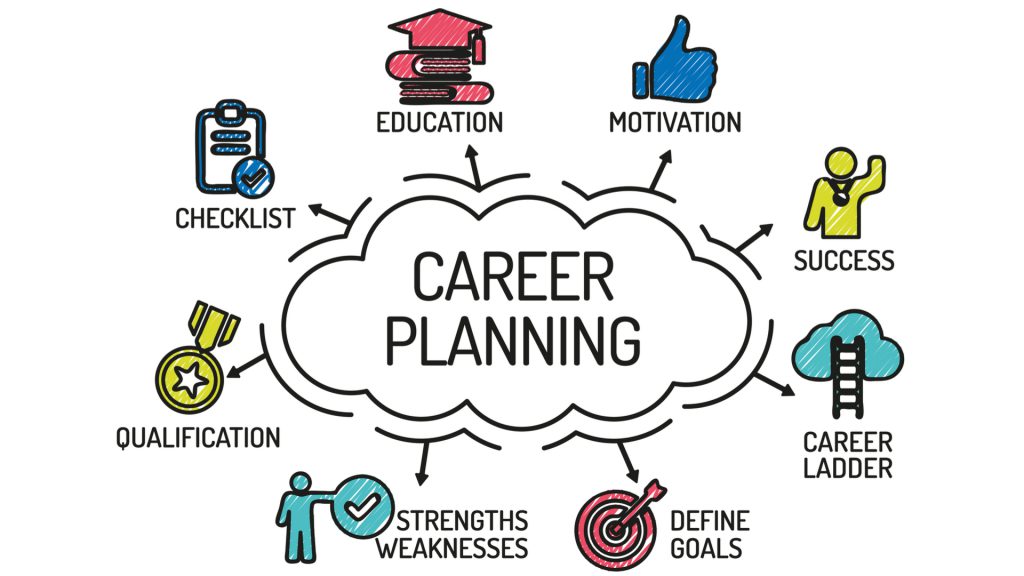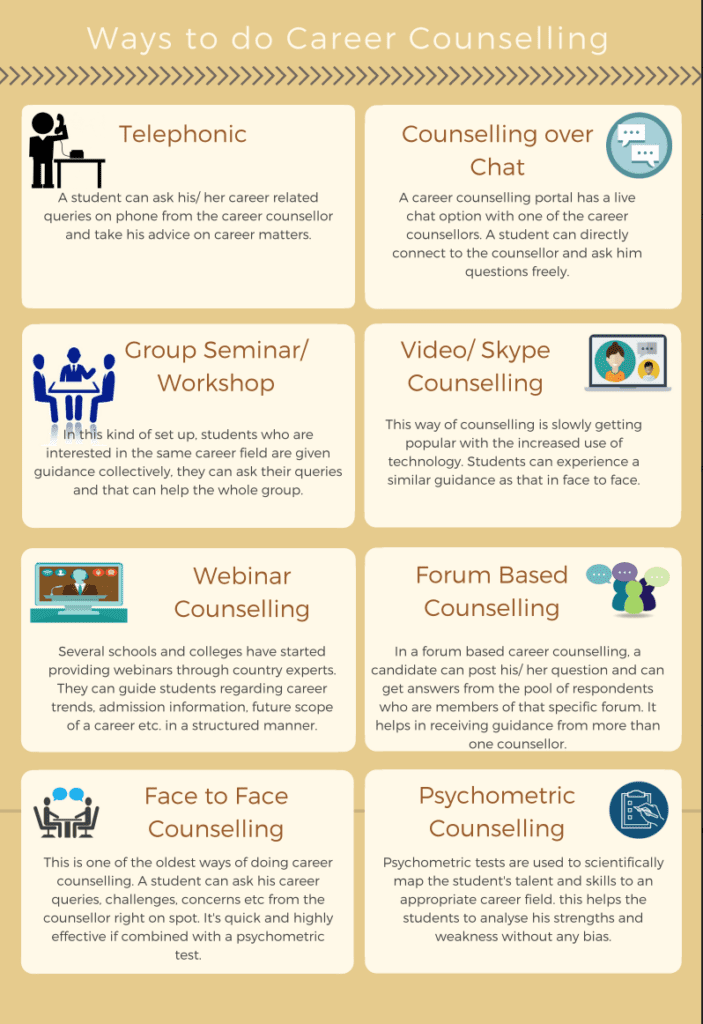The career planning process may be a series of steps to assist you in clarifying and determining your short as well as long-term career goals. Let us talk about it in detail and learn a bit more about the career planning process and the way to place it to figure for you.
First, what is the Career Planning Process?
The career planning process involves taking the time to determine what your career goals are and the way you will get there. This is a journey you must take up on your own or with a guide or career counsellor. You can very easily start the career planning process at any point in your career. Although it is often related to high-school and college students, it may be helpful for those that are contemplating a career change or who are unable to see any progress that they want in their respective career field.
Is Your Resume Not Getting Shortlisted?
Next, how does the Career Planning Process work?
The career planning process includes several steps. To maintain relevancy, you would need to revisit these steps from time to time to determine the progress that you have made and to review your goals. Basically, it would be like giving yourself a reality check so that you can eliminate your weak zones and keep working on your stronger suits.
• Conduct a Self-Assessment
Evaluate your strengths, preferences, passions, work style, and financial needs. Consider your work, school, and volunteer experiences. What have you ever enjoyed? What drives you crazy? For instance, if the concept of wearing a suit each day causes you to want to scream, you will not want to pursue a career in finance. Otherwise, if you have the idea and what it takes to have your own business, you might want to figure out a plan for a start-up company that takes a non-traditional approach to finance. Consider both, who you are as an individual and who you desire to become. Take a careful inventory of your career values, interests, skills, and private qualities.

• Research Potential Careers
Next, brainstorm possible job options and investigate them. Examine the descriptions and qualifications for various positions, typical entry points, and advancement opportunities. In addition to online research, ask people that are already involved in your area of interest for information and advice about their work; asking about the realities of the sector and also the required prep or knowledge and skills for it, including current educational necessities or graduate study.
Internships and part-time jobs are a wonderful way to sample a field of interest. They supply the chance to perform several task functions and evaluate the workplace environment. With it, you will also want to think about job shadowing or apprenticeship. They are the same as externships, these experiences last from one morning too many weeks and are a superb gateway to get a grave idea about what your responsibilities would be in an exceedingly given role.
If you are still in school, consider applying for on-campus roles associated with potential job interests. For instance, if you are pondering over a career in the field of journalism, you may want to work for a campus magazine or newspaper. If you are fascinated by finance, you would possibly volunteer for the co-ed banking company.
Selecting project-oriented courses associated with career options may also facilitate you to decide on what’s right for you. For instance, if you are considering product management as a career, you would possibly select a marketing course where you formulate a branding campaign for a product as a project.
• Decide on One or More Career Paths
Consider the pros and cons of the career options you have been researching. Consider this demand within the field, whether you are comfortable with relocation, and your potential income. Income is not everything, of course, but it is something to contemplate in balance with other aspects of your career. For instance, working as an actor might prove to be erratic and low-paying initially, but if you cannot imagine yourself doing anything else, the danger may well be worthwhile.
You may settle on one career path, otherwise, you might want to position yourself for some options. It all depends on where you are in your life and what career options you are considering.

• Set Concrete Goals
Set specific goals for a way that you wish to progress on your career path. For instance, if you would like to travel to school to enter your chosen field, set a date for when you want to visit and make your mind up by choosing three graduate schools to look into. If you are searching for employment in your field, set a goal for the way many applications you wish to send weekly or to attend one networking event per week.
Some of your goals can also be short-term, while others could also be long-term. You would possibly set a goal of achieving an executive-level position in 10 years. Give some thought to the little steps you will need to require to attain that goal and set timelines for those goals too. Your goals and timeline will change along the way, but setting concrete goals in writing is a vital place to begin for your career.

– Chandni Sethia














